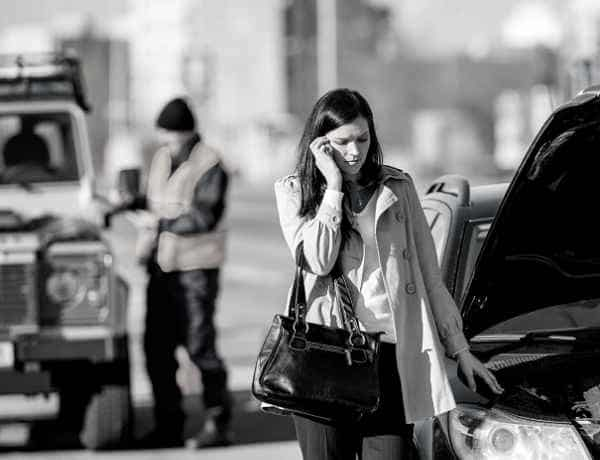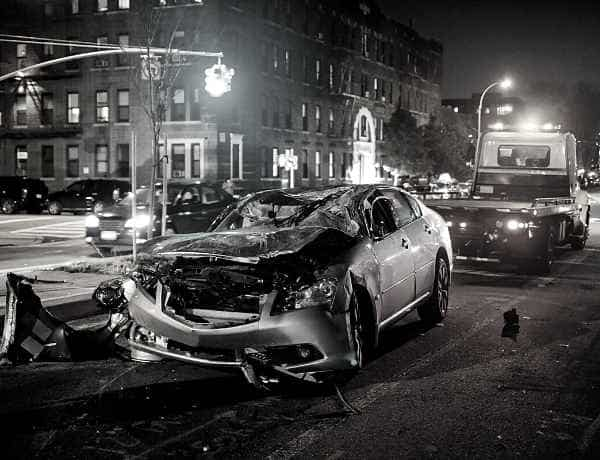What You Need to Do Right After a Car Crash
Last updated Friday, December 1st, 2023

3 Things to Do Right After a Car Crash
The first step after a car accident caused by someone else is to call 911 and contact a car accident lawyer. Insurance companies are there to focus on their bottom line, not what’s best for you. Over six million car wrecks occur in the U.S. annually, with more than half of those resulting in injuries. The death toll from these crashes exceeds 40,000 and continues to climb. Many factors contribute to this, including inclement weather, driving under the influence, and distracted driving. Being a good defensive driver is essential to help you stay safe on the road. Knowing what to do in the event of a car crash can help ease the anxiety from an already stressful situation.
Contact us today and we will help you get the compensation that you deserve. Contact us today and we will help you get the compensation that you deserve.Get Your FREE Case Review Today
Get Your FREE Case Review Today
Do I Really Need a Car Accident Lawyer?
We’ve seen enough in our time handling car accident claims to confidently say that you need a lawyer. Car insurance companies will do anything to pay you the least amount possible. Remember, insurance companies are for-profit businesses. They are in it to make money, not to protect you. Insurance companies will assume you don’t know the laws in place, tell you what you want to hear, and offer you the lowest settlement check. When you hire a car or truck accident lawyer, you will get someone that knows the law and advocates for you.
How Much Does a Car or Truck Accident Lawyer Cost?
Most accident and injury lawyers work on a contingency basis. A contingency fee basis means we do not charge you anything unless we win a settlement in or out of court. This fee structure ensures we work hard for your case and that you don’t have even more out-of-pocket expenses during a stressful time. We offer contingency fee schedules for other practice areas such as:
- Personal Injury lawyers
- Car accident lawyers
- Motorcycle accident lawyers
- and more
3 Steps to Take After a Car Crash
Alabama is an at-fault state for automobile crashes—meaning whoever causes the car crash is legally responsible for any and all financial costs to the victim. However, in no-fault states, each driver involved in a crash is responsible for their own damage expenses—unless an attorney is required and a lawsuit is filed.
According to the Alabama Mandatory Liability Insurance (MLI) Law, every resident of Alabama must carry liability auto insurance to register their vehicle, legally drive, and maintain their car registration. You will be fined if you are in a wreck and do not have proof of insurance. If you are found to be at fault and without insurance, you could be liable for tens or even hundreds of thousands of dollars in bodily injury and property damages to the other driver.
Being in a car crash can be shocking and somewhat disorienting. Once you determine if anyone is hurt, many questions can come to mind that you may need to deal with on the spot. In the minutes, days, and weeks after your wreck, there are a few crucial steps that can help both you and the other driver and make your insurance claims process go much more smoothly. Whether there is an injury or not, call 911 immediately. You will need a report of the car crash.
**Be careful that you do not admit fault at the scene or discuss insurance coverage with the other driver. If the bodily injury occurred due to the crash, contact your attorney immediately after calling 911.
Get Your FREE Case Review Today
Injured in a car accident? Contact your Birmingham car accident lawyer to get the compensation that you deserve.
1: Gather All Necessary Information at the Scene of the Car Crash
According to the Insurance Information Institute (ILL), the following information will be needed for you to submit a claim:
- Names and contact information of the other driver, all passengers involved, and any witnesses
- Insurance and vehicle information for anyone involved in the crash
- Crash location, time of day, and weather conditions
- Photos of both vehicles (include license plate, make, and model of both cars)
- Pictures of the wreck taken from various angles may be helpful
- Names and badge numbers of any officers who responded to the crash
- Copy of the crash report (You will need this to file a claim.)
- Company name of tow truck, if called to the scene
- Details of any medical attention (EMS or First Responders, hospital, doctors, etc.)
**Note if there are any security cameras or doorbell cameras from nearby businesses or homes that may have recorded the wreck.
2: Contact Your Insurance Agent or Company
Once you have filed your report with local authorities and safely left the wreck scene, contact your insurance agent or claims department. Some insurers have apps for you to submit the info online, or you can call and speak to a representative.
In addition to the above information you gathered at the scene, you will also need:
- Your insurance policy number
- Any information about injuries sustained by either you, the other driver, or any passengers
- A brief summary of the wreck
File your claim as soon as possible while the crash is fresh in your mind and in those of everyone involved, including witnesses. There may be other documents that may be requested by your insurer, so the sooner you file, the better.
Your insurer may contact the other driver’s insurance company if the other driver is at fault. You can also contact the other company directly to file a third-party claim against the other driver’s insurer. This can typically be done either online or by phone.
Get Your FREE Case Review Today
Contact us today and we will help you get the compensation that you deserve.
3: Work with Your Claims Adjuster
An adjuster will be assigned to handle your claim. The adjuster will either look at the damage to your car or send you to a qualified repair shop for an estimate to repair your vehicle. You can also request to use your own repair shop. Once the estimate for the repair is submitted, the adjuster will handle further discussions with the repair shop and review all the information you submitted from the scene. If needed, they may also interview the other drivers, passengers, and witnesses to the wreck. The adjuster will then determine how much you will receive for your damages, rental car, and other expenses.
Keep in mind the insurance company is a business. The adjuster’s goal is to keep the company’s expenses as low as possible, so the amount you believe you are owed may not be what is offered or they may reject your claim altogether.
Why are Claims Rejected?
Claims may be denied based on the nature of the crash, especially if you violated state law. They may also be denied due to the coverage limits in your policy. That’s why it’s a good idea to review your policy and make sure you have adequate coverage before a wreck happens.
Can You Negotiate Your Settlement Offer?
You should request a review if you believe you are owed more than what was offered, have the necessary coverage in your policy, and all the documentation to back up your claim. Keep all documentation from the crash, including medical records, police reports, and comparable cases, to back your request. The more evidence you provide, the better your chances of receiving higher compensation.
If you are still unsatisfied with what is offered, you are not obligated to accept and can contact an attorney to see if your case warrants filing a lawsuit.
When Should You Avoid Filing an Auto Insurance Claim?
Know what your insurance policy covers. Do not file with your company if you have a large deductible and only have minor damage, like a scratch or dent that is less than or right around your deductible. Paying out-of-pocket will avoid any rate increases to your policy. If the other driver is at fault and has adequate coverage to pay for all your expenses, file a third-party claim with their insurance company. However, if the other driver is not insured or underinsured, you can also file a claim with your insurance company. Again, see if the additional amount is less than or equal to your personal deductible before filing.
Will Your Insurance Rates Increase if You File a Claim?
Rate increases depend on your driving history, who was at fault, and the extent of damage from the wreck. You would likely see a rate increase if you were at fault unless you have accident forgiveness through your insurer. You should not receive a rate increase if the other driver is at fault.
As we have mentioned in previous articles, if the car crash involves an injury or you are not satisfied with the settlement offer from the insurance company, do not agree to anything until you contact your attorney to review your case. A good law firm will look at the evidence and advise you if you have a solid case to pursue legal action. Your initial consultation should be at no charge to you.







